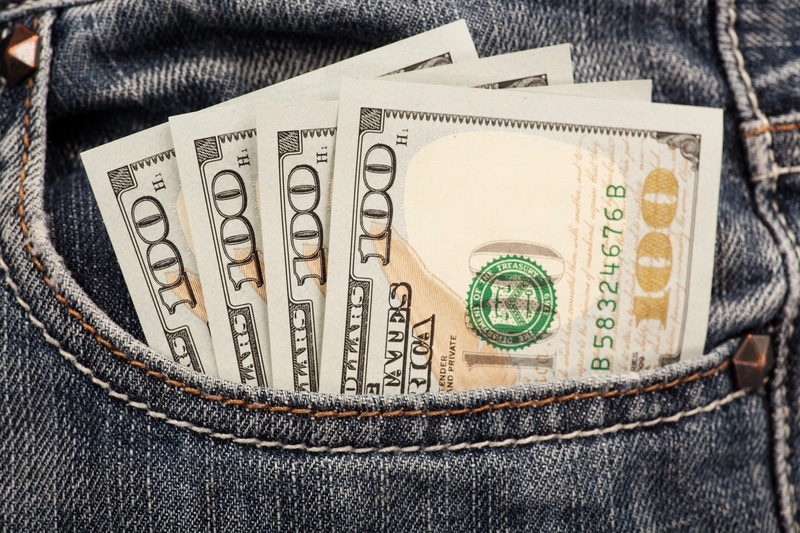*As of Jan. 1, mobile payment apps like Venmo, PayPal, Zelle and Cash App will be tracking your payments over $600 and reporting these transactions to the Internal Revenue Service.
This only applies to the earnings you make throughout 2022, which you’ll report when you file in 2023.
Here’s more from NBC News:
The change to the tax code was signed into law as part of the American Rescue Plan Act, the Covid-19 response bill passed in March. Previously, these mobile payment apps only had to tell the tax authorities when a person had over 200 commercial transactions per year that exceeded $20,000 in total value, the IRS said.
The IRS said a person “must file and furnish a Form 1099-K” if they accrue more than $600 annually in commercial payments on mobile payment apps like Venmo, then Venmo
READ MORE: Over $600K Raised for 76-Yr-Old Asian-American Woman Who Fought Off Attacker

Per CNET, here are four things to know about the new tax rule:
- This isn’t a tax change, it’s a reporting change
The new legislation is not a tax change — it’s a tax reporting change so the IRS can keep tabs on the transactions made through payment apps that often go unreported. Going forward, third-party payment companies will issue you a 1099-K tax form each year if you earn $600 or more annually in income for goods or services. This tax form might include taxable and nontaxable transactions, particularly if the account is for both business and personal use.
The IRS will also receive a copy of the tax form and won’t be relying purely on self-reporting. “The IRS will be able to cross-reference both our report and yours,” Paypal noted in a November 2021 press release.
- The IRS isn’t counting money you send to family and friends
Rumors have circulated that the IRS was cracking down on money sent through third-party payment apps to family and friends, but that isn’t true. Personal transactions involving gifts, favors or reimbursements are not considered taxable. Some examples of nontaxable transactions include:
Money received from a family member as a holiday or birthday gift
Money received from a friend covering their portion of a restaurant bill
Money received from your roommate or partner for their share of the rent and utilities
- Payment apps may be requesting tax information from you
Now that this new law is in effect, payment apps like PayPal may be reaching out to you to confirm tax information, such as your employer identification number (EIN), individual tax identification number (ITIN) or Social Security number. If you own a business, you most likely have an EIN, but if you’re a sole proprietor or individual freelance or gig worker, you’ll provide an ITIN or Social security number.
- If you sell personal items at a loss, you won’t owe taxes
If you sell personal items for less than you paid for them and collect money via third-party payment apps, this new legislation won’t impact you. For example, if you buy a couch for your home for $500 and later sell it on Facebook Marketplace for $200, you won’t owe taxes on the sale. That’s because it’s a personal item you’ve sold at a loss. However, you may be required to show documentation of the original purchase to prove that you sold the item at a loss.
And there you have it!
We Publish News 24/7. Don’t Miss A Story. Click HERE to SUBSCRIBE to Our Newsletter Now!





